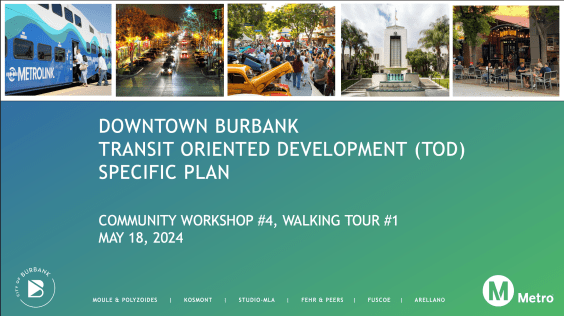 At Market and 7th Street, people already greatly outnumber cars. Photo: Michael Rhodes
At Market and 7th Street, people already greatly outnumber cars. Photo: Michael Rhodes The series of trials scheduled to begin September 29 on Market Street are still seeping into the public's awareness, but so far, pedestrians, bicyclists, and transit riders seem to share an excitement about the plan, which will reduce traffic by forcing eastbound private automobiles to turn right at 6th and 8th Streets, and enliven the city's main thoroughfare with art projects, mini-plazas and entertainment.
"I think overall it would be a good idea," said Jerry Chung, who rides Muni to work from his Richmond District home, and also takes the bus during lunch to go shopping. "Sometimes it takes several minutes just to move a few blocks" on Market Street because cars hold up buses, he said.
Nicholas Whitacre, who rides up and down Market constantly in his duties as a bike messenger, said the changes would be very welcome. "I think it's awesome. I hope that that happens," Whitacre said.
Fewer private vehicles would make Market much safer for him, he said, and cars have little use for Market anyway. "Unless you're a delivery truck or a taxi, you're wasting your time" on Market Street, Whitacre said. "It's also got to be safer for cabs, buses, and delivery trucks."
Kit Hodge, Director of the Great Streets Project for the SFBC, said the the vast majority of people surveyed about the project wanted to see a change on Market. "Overwhelmingly, people are responding to the idea of wanting to see a better place for Market Street overall," said Hodge. "What's really striking is that people are already talking about wanting the street to be a better place. It's all about placemaking for them, and they're open to the idea of trying things. They recognize it's not what it should be right now."
A Muni operator, asked about the changes, said F-line streetcars were unlikely to be heavily impacted, but the 5-Fulton and 6-Parnassus, which run on the curbside lanes, might experience some delay from long lines of right turners at 6th and 8th Streets. "I think it's going to slow them up," he said, since cars turning right off of Market must wait for pedestrians.
MTA spokesperson Judson True said the project planners would respond dynamically to any issues caused by the changes. "I don't think that's likely, but that's one of the things we'll be monitoring," True said. "If that becomes a problem, there could be ways to mitigate it."
Market Street merchants expressed concern about the economy, but compared to an outright ban on cars, most seemed much more receptive to the idea.
"I don't care, actually," said Chris Moon, who owns Moonstone Shirts on Market near Sixth Street. "A lot of people take public transportation" to his store already, said Moon, since parking is "very expensive or not safe." Bucking the tendency to believe most customers are drivers, Moon said that around mid-Market, "if they're shopping, they take public transportation."
At another nearby Market Street business, a shopkeeper who preferred anonymity said he wasn't sure how the trial programs would affect business, but he'd prefer the city wait until the economy improves and profit margins were less thin. Though he wasn't sure how most people get to his business, he said he suspects some people who drive by and see what he's selling decide to stop in. Theoretically, he said, those could be lost customers.
Bicyclist James Milliken was more unreservedly excited about the plan. "I don't drive at all," said Milliken. "If it's easier to bike, that's cool with me." Milena Nikolova, who works at the Westfield Mall and crosses Market every day on her way to work, also welcomed the safety benefits of fewer cars. Removing cars "would be good," Nikolova said. "The traffic is bad."
On the whole, the proposals seemed surprisingly uncontroversial, given the long debate about cars on Market Street. Whitacre, the messenger, said the discussion has changed rapidly as of late. "It's amazing how that went from 'no way,' to little by little, it's growing into acceptance."




